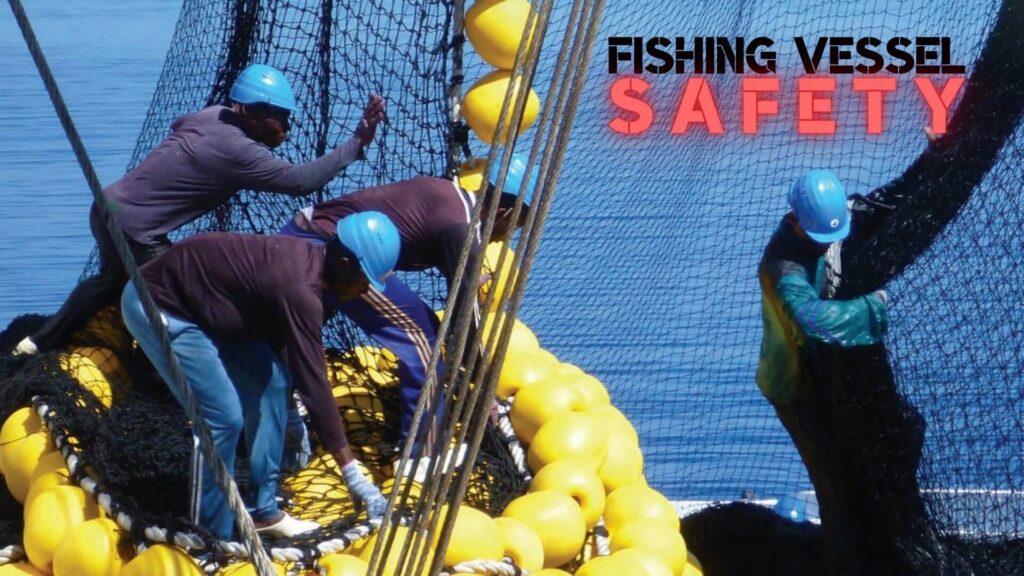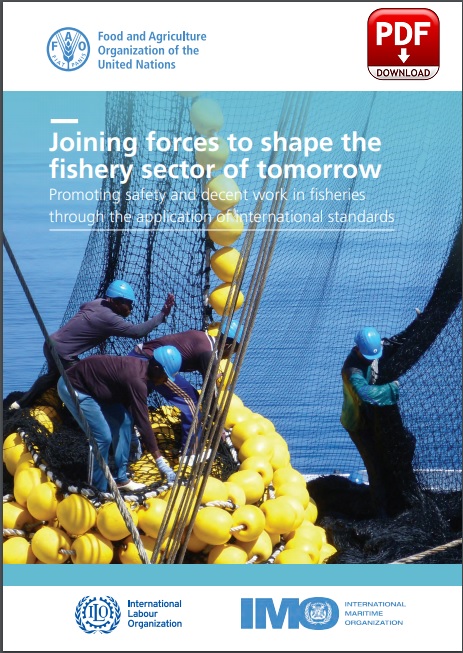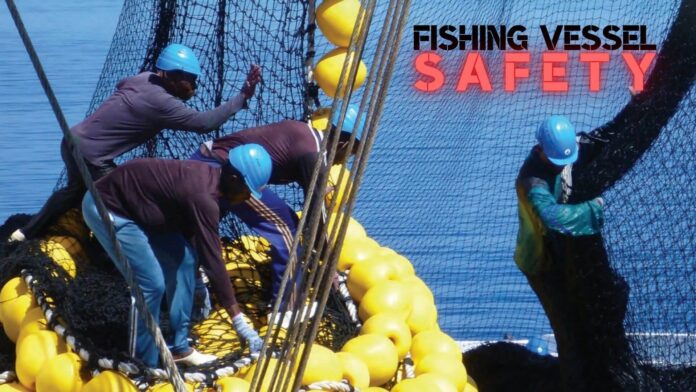
(www.MaritimeCyprus.com) Capture fisheries is the backbone of many coastal communities and contributes to the local economies, employment and food security. It is estimated that
globally over 39 million people work in capture fisheries.
At the same time the trade in fishery products is one of the most dynamic sectors as 38% of the global fish production enters in international trade.
Fishing is however one of the most dangerous occupations in the world, which is shown also in high accident and fatality rates in most countries. Despite greater awareness and improved practices, the continuing increase of people employed in capture fisheries worldwide has contributed to a rise in the number of fishers’ deaths.
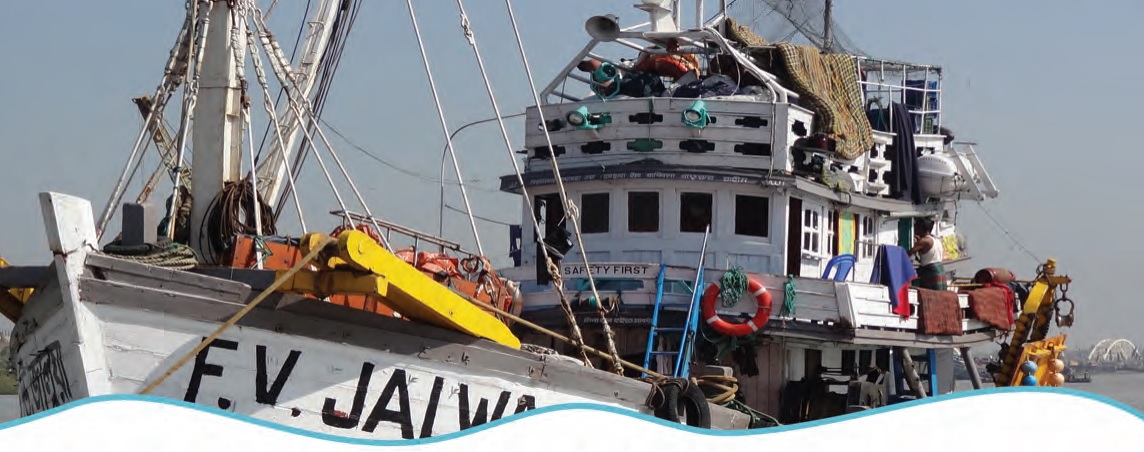
Exact figures are hard to come by since reporting is not always consistent, but conservative estimates place the annual fatality rate in the fishing sector to 80 lives lost per 100,000 fishers. Using the current fatality rate, this means that nearly four fishers lose their lives every hour while doing their job. The number of fishers injured or suffering from work-related illnesses are even higher.
These fatalities and accidents have major impacts on fishers’ families, fishing crews, fishing communities and maritime search and rescue activities.
Safety at sea and working conditions on board fishing vessels are interlinked with decisions on fisheries management and with the status and health of fisheries resources. With reducing fisheries resources and overfishing in coastal waters, fishers tend to go further
out to sea and stay for longer periods at sea. This increases the exposure to hazards for fishers. Moreover, the small-scale coastal fishing vessels were not built for the sea conditions further offshore, causing additional safety issues. Similarly, on large-scale industrial fishing vessels, which generally stay at sea for weeks or months, the living and working conditions of the crew are often poor.
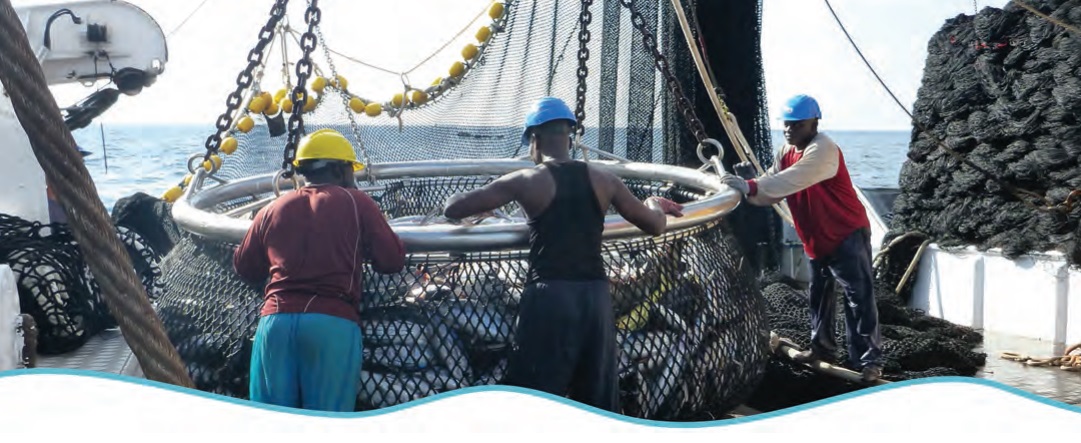
Safety standards receive less attention when work is done under hazardous and stressful circumstances at night and in rough weather conditions. Living space for crew is minimal and hours of rest are frequently compromised.
IMO, ILO and the Food and Agriculture Organization of the United Nations (FAO) have
developed and adopted a range of international instruments that provide a strong legal framework for responsible fisheries, the safety of fishing vessels and fishers, and decent
working and living conditions in fisheries.
This paper gives a summary overview of four legally binding international fisheries instruments (conventions and agreements) that promote the safety of fishing vessels and fishers, training of fishers, decent working and living conditions, and responsible and safe fisheries operations.
Click below to download:
Source: IMO

https://youtu.be/g4BU9M-ZDh8





